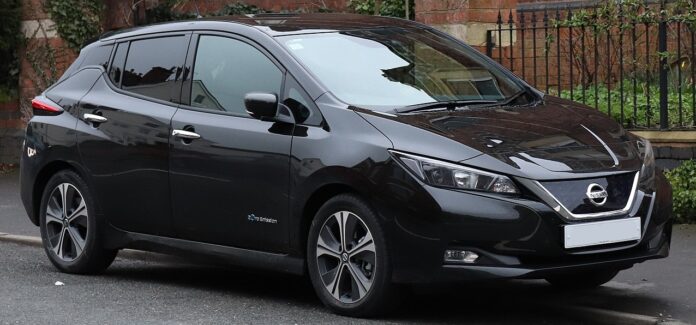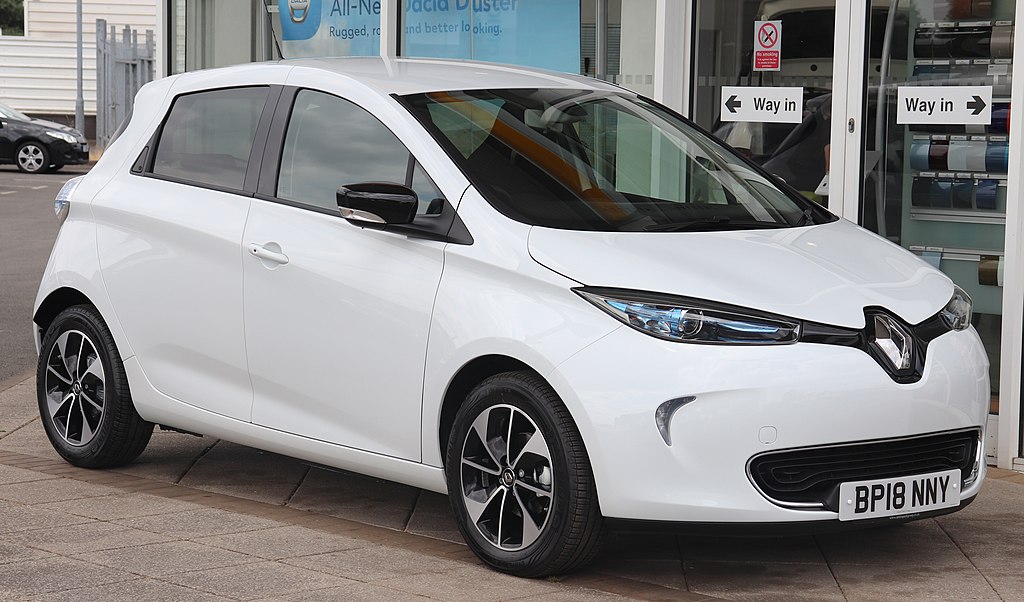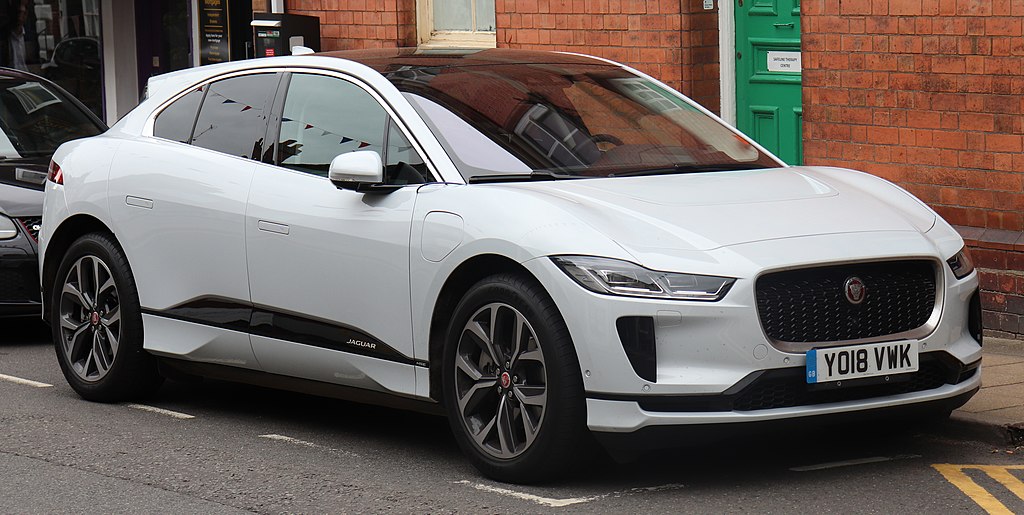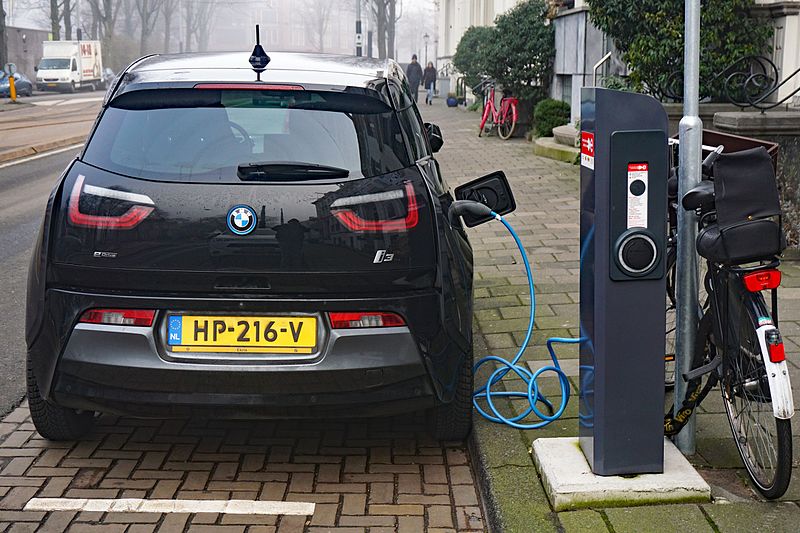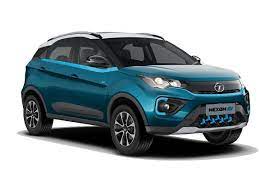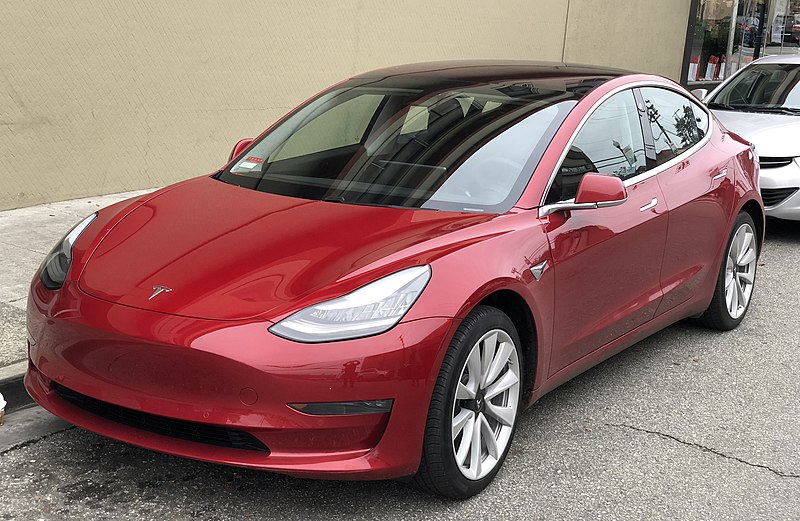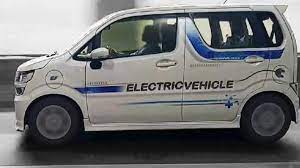The New Year aspiration of people is to buy a new model which is latest in the market a new car. This time of year car makers and dealers offer good discount and new buyers have wide variety of choice. Which car to buy- time tested petrol/diesel or CNG or Electric. What are pros and cons, what are prospects and growth in owning one of various types of car available in the market.
First we will look into the growth and prospects of electric car which is run fully or partially run on electric power using energy stored in batteries, whereas petrol and diesel cars use an internal combustion engine (ICE). Though the electricvehicle (EV) is in nascent stage, government’s effort to improve the infrastructure and offer incentives mean growth of 12% of share of e-cars by 2025. The government has also launched FAME or Faster Adoption and Manufacturing of (Hybrid and) Electric vehicles, which is currently in Phase II and both manufacturers and consumers are offered various financial benefits.
Second we will look into the pros and cons of buying electric car. Before buying we have to consider first the cost of Electric Car. For the price of electric car one can have a choice of big petrol or diesel car and here the catch is decision of going for bigger car or is it more important to go green and cover extra cost with benefits over time. Now we will deliberate these aspects in more detail.
BENEFITS
LESS RUNNING COST: Import factor in opting for EV is the price of running cost. The monthly bill will be fraction of running with petrol vehicle. At Delhi petrol price at present it will work out for a petrol car of mileage around 17 Km/litre will be Rs.5.97, but with EV of 30.2 kWh capacity, it will only be Rs.0.43 per km. The power rate may vary for various states but it will be still less compared to petrol or diesel cost.
LESS MAINTENANCE COST
The architecture of EV is such that it has less moving parts which needs fresh fluids and filters to be replaced. The maintenance of EV as per data collected on various models has shown cost is 50% less than petrol or diesel vehicles.
IMPROVED PERFORMANCE
According US-based research online platform EV batteries convert about 60% of energy into vehicle movement while petrol driven vehicle converts about 20%, making EVs more efficient. EVs are smooth and noiseless as there is no exhaust system, providing better driving experience. They accelerate instantly and have more space inside the vehicle as they have flat floors as their powertrains have less parts.
CLEANER ENVIRONMENT
The major influence for many buyers is the zero carbon emission and reduction in air pollution of EV directly. Taken from the exhaust of EVs as nil how about the electricity generating stations which especially use coal/fossil based fuel to generate the power. In view of above the carbon emission from EVs are not nil but is significantly less than that of petrol/diesel cars.
TAX CONCESSIONS
To encourage use of EVs Government has extended tax benefits for both Manufacturers and Consumers with main aim to reduce carbon emission and save our precious environment for present and future generation. For assessment year 2020-21, Section 80EEB allows deductions of Rs.1.5 lakh for interest paid on loan taken buying EVs. The vehicle loan to be sanctioned between 1 April 2019 and 31 March 2023 only for individuals or an individual running a business. As per Budget 2021 proposal vehicles will be levied a ‘green tax’ after 15 years, whereas electric and hybrid vehicles will be exempt.
DISADVANTAGES
PURCHASE PRICE :Presently, major drawback and deterrent for buying electric car is higher upfront cost which is more than double in same capacity available in petrol/diesel version. Though many advantage like low cost of running, maintenance and tax incentives people will go for bigger petrol/diesel vehicles at the cost of EVs.
INFRASTRUCTURE BOTTLENECK :Charging at public station of EVs are much cheaper than to do at home. Private and public companies are building at rapid pace which is not enough for the growth of EVs.
LONGER CHARGING TIME AND LIMITED DRIVING RANGE
It takes 6-8 hours for charging at home and about 1 hour in public places for EVs to get charged where as it takes few minutes to fill petrol/diesel in stations. Single charge you can run electric run for 200-400 km, fewer public station means electric car is safe to run for intra-city, not for longer trips in car.
LIMITED OPTIONS& INSURANCE PREMIUM MORE
In India there are only 4-5 mass market electric car and 5-6 in luxury segment, for now there is a limited choice for purchasers. Insured Declared Value (IDV) is higher in EVs than petrol cars since electric cars are more expensive due to cutting-edge technology and high-capacity batteries which are expensive to repair and replacement resulting in higher IDV.
Before deciding on buying Electric Car look at how the electric, petrol, diesel and CNG variants of Tata Nexon fare on various parameters.
| Parameters | Electric | Petrol | Diesel | CNG CNG kit in petrol car |
| Ex-showroom price (Delhi) Rs. | 14.24 | 8.29 | 9.59 | 8.84 |
| Claimed mileage/range | 310 | 17 km/litre | 22.4 km/litre | 20 km/litre |
| Per month cost Rs. | 392 (charging station) 700 (at home) | 5380 | 3500 | 2380 |
| Annual maintenance cost app. Rs. | 5100 | 7000 | 10000 | 8000 |
| Annual third party insurance Rs. | 1855(>30kWh) 2840(30-65kWh) 6710(<65kWh) | 3250 | 3250 | 3300 |
| Annual comprehensive insurance Rs. | 14440 | 7100 | 6500 | 7700 |
| Car life | 8-10 years | 15 years | 10 years | 15 years |
| Infrastructure | Negligible/upcoming | In place | In place | Partially in place |
| Carbon emission(g Co2/km) | Nil ; 70 (30 kWh) | 117(1000cc) | 105(1000cc) | 63(800cc) |
Now question is to buy electric car NOW
If pollution is only factor in the mind pick EV. It will however, make more prudent to wait for 4-5 years for greater choice of car and better public charging station network through out the country.


